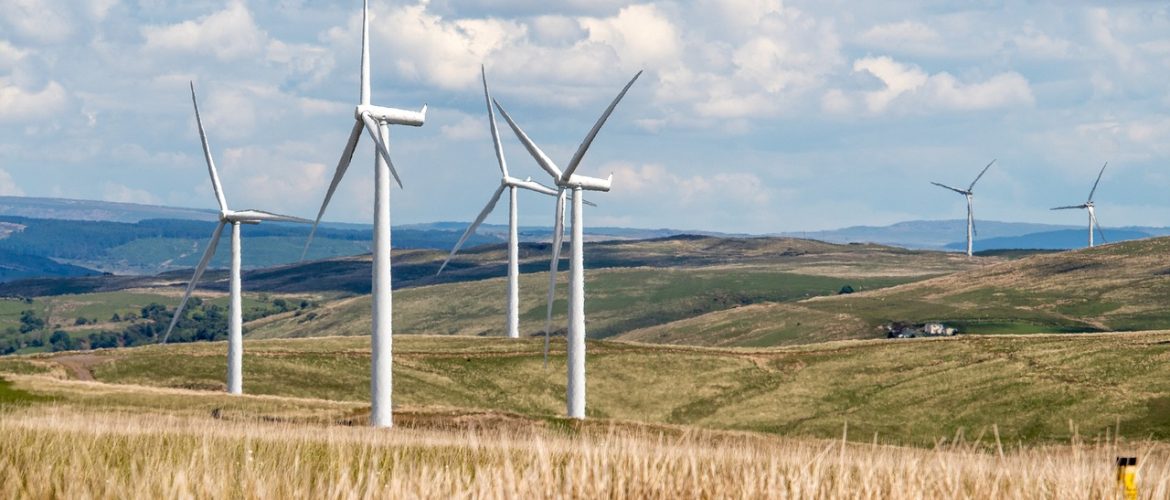Nikos Mantzaris joined Kira Taylor on “The Jolt” podcast to discuss the successes and struggles of Greece’s shift to clean power production. The episode was broadcast on May 30th.
The podcast featured the highlights of Kyriakos Mitsotakis’ speech at the Eurelectric power summit. The Greek PM talked about the country’s energy transition and the progress of renewables, as well the plan for Greece to become a green energy exporter.
Nikos Mantzaris’ overall assessment of the progress in the electricity production sector is positive. He focused in particular on the success story of self-production and the continuously downward trend of lignite, which in the first quarter of 2024 showed a further 27% decrease compared to the historic low of 2023. However, he stressed that further progress in electricity production comes with a number of challenges.
Commenting on the great challenge of RES curtailments that deprive not only the cleanest but also the cheapest energy from consumers, Nikos Mantzaris said that it should be an immediate priority of the State to accelerate the installation of electricity storage infrastructure, so that domestic needs can be met by the largest possible part of the clean energy produced. The data so far show that over 400 GWh of renewable energy have been discarded, as the demand especially during midday hours is reduced. On the other hand, in the evening, demand is covered by gas which has seen a 23% increase in the first quarter of 2024 compared to the same period in 2023.
Moreover, Nikos Mantzaris highlighted the major contradiction in the national fossil gas policy: the provision in the new NECP for only a 10% share of gas in electricity production by 2030 is not consistent with the maintenance of 8 gigawatt gas plants. Also, LNG imports have plummeted in the last 10 months and there is no demand from neighbouring countries, while REPowerEU aims to drastically reduce the use of fossil gas across Europe by 2030. The country’s existing and planned gas infrastructure is therefore at risk of becoming stranded assets that will lead to increased energy costs for citizens and the entire national economy.
Finally, in response to Kira Taylor’s question about the Greek islands, Nikos Mantzaris explained that according the NECP all electrical interconnections with the mainland are to be completed by 2029, with the first one being Crete by 2025. The implementation of this plan is expected to permanently solve the islands’ dependence on oil.
You can listen to “The Jolt” podcast here.



